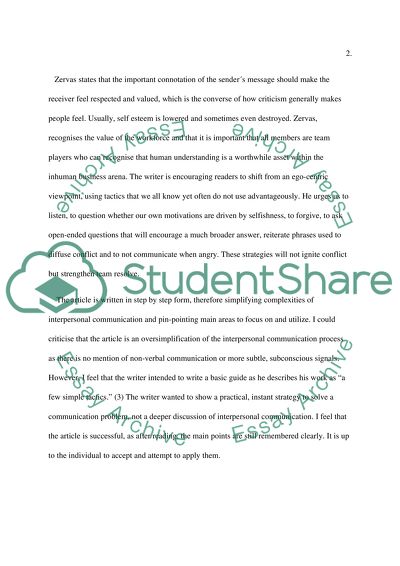Cite this document
(Interpersonal Communication By Michelle Blower Article, n.d.)
Interpersonal Communication By Michelle Blower Article. Retrieved from https://studentshare.org/human-resources/1533726-interpersonal-communication-article
Interpersonal Communication By Michelle Blower Article. Retrieved from https://studentshare.org/human-resources/1533726-interpersonal-communication-article
(Interpersonal Communication By Michelle Blower Article)
Interpersonal Communication By Michelle Blower Article. https://studentshare.org/human-resources/1533726-interpersonal-communication-article.
Interpersonal Communication By Michelle Blower Article. https://studentshare.org/human-resources/1533726-interpersonal-communication-article.
“Interpersonal Communication By Michelle Blower Article”, n.d. https://studentshare.org/human-resources/1533726-interpersonal-communication-article.


